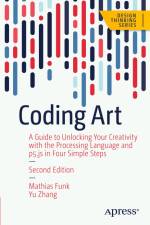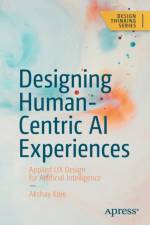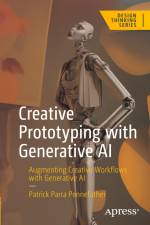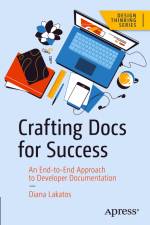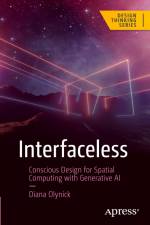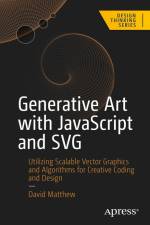av Diana Lakatos
567
Developer documentation is a powerful tool in developer relations because it provides all the necessary information during the onboarding process and keeps your users informed on changes such as release notes, status reports and new and updated topics. Using a design thinking approach, this book aims to provide an easy to follow blueprint for building successful developer documentation by using the award winning platformOS developer portal as inspiration.You'll work with practical usable templates, workflows, and tools validated and peer-reviewed by international experts in the fields of documentation, technical writing, developer relations, and UX design. This book reveals the many factors that must be considered while crafting developer documentation, such as hitting the right target audience, designing a seamless onboarding experience, and selecting the right workflows and data analysis methods. You'll delve into this complex mix of topics, each with its unique considerations, and understand why it¿s difficult for those working on developer documentation to understand the process, as well as all the necessary ingredients, tools, and resources to overcome that challenge. Crafting Docs for Success is your one-stop resource for empowering your team and community to contribute and help maintain your documentation, as well as further improve diversity and inclusion. What You'll LearnExamine how user research facilitates documentation developmentUtilize design thinking, community-driven documentation, and Docs as Code Understand editorial workflows and what happens at each stepWrite a style guide from scratch and use it for content productionReview how methods and strategies fall into place during technical implementationWho This Book Is ForSoftware developersand designers, documentation maintainers and managers, technical writers, developer relations practitioners and advocates, technical community managers, developer marketers, and start-up founders, CTOs, and CEOs

